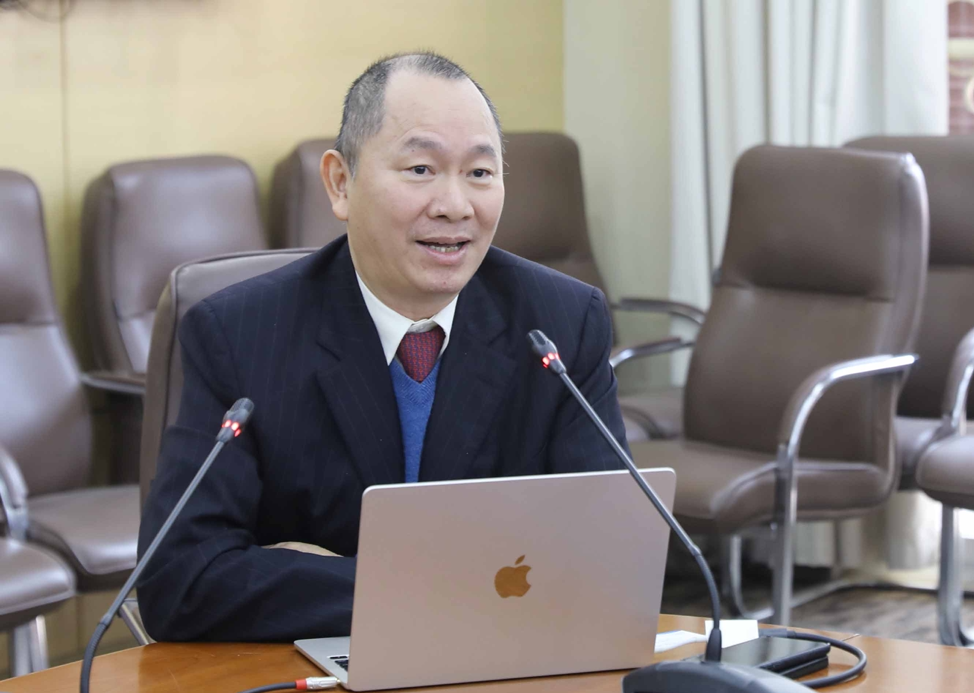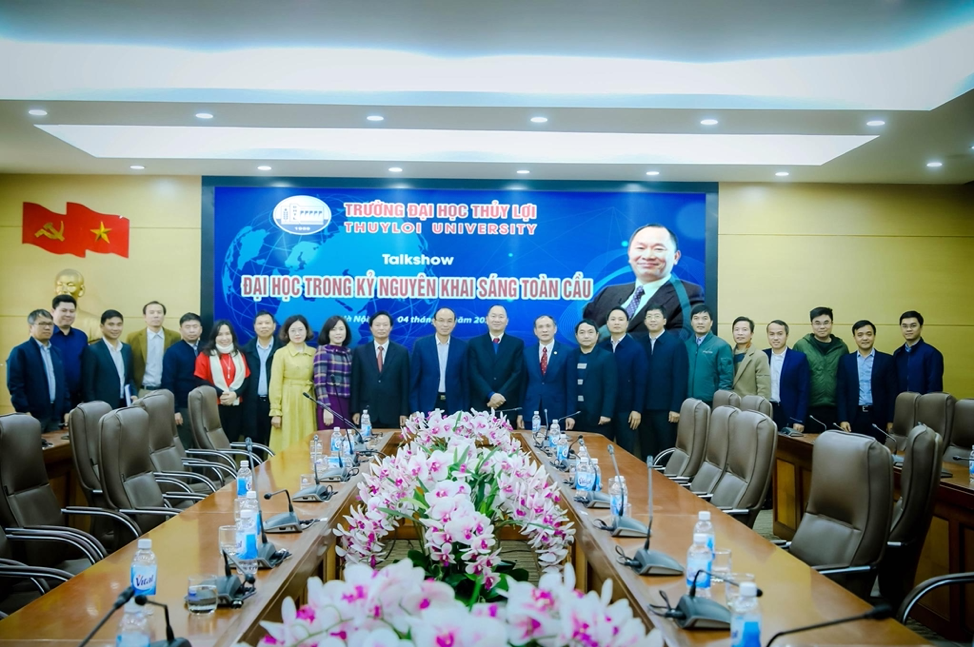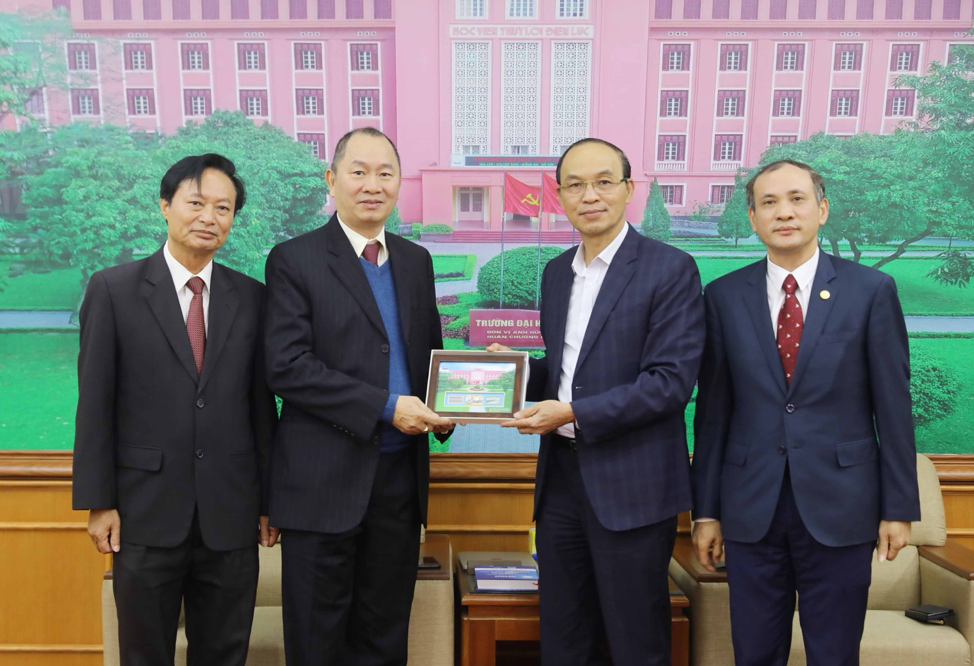On January 4, 2023 at Thuy Loi University, Ha Noi, Vietnam, Nguyen Anh Tuan, CEO of the Boston Global Forum, has spoken about the idea of a more enlightened and connected global community, where knowledge, information and technology are shared and used to improve the well-being of all people. This would be in line with the principles of the Age of Global Enlightenment. It could involve the use of technology, such as Artificial Intelligence, to promote Global Enlightenment values and improve the functioning of society.
He highlights Universities in the Age of Global Enlightenment:
- Create a lifelong learning ecosystem – each citizen is an innovator, learning is associated with creating a life and path for themselves.
- Participating in the creation of the Age of Global Enlightenment: jointly building the Global Enlightenment Economy infrastructure on the basis of the data economy – Artificial Intelligence
- Pioneer in building a Global Enlightenment Culture
- Pioneer in applying AI, blockchain, data to education, training, research and university administration.
A new model of university in the Age of Global Enlightenment would likely focus on providing students with a well-rounded education that emphasizes critical thinking, interdisciplinary study, and the ability to navigate a rapidly changing world. This might include a greater emphasis on experimental lifelong learning and real-world problem-solving, as well as the integration of new technologies and digital platforms to enhance the learning experience. Additionally, the university would likely place a greater emphasis on fostering a global perspective, encouraging students to study abroad and engage with diverse cultures and perspectives. Such a university would equip students with the skills, knowledge, and mindset necessary to thrive in an interconnected and rapidly changing world.
Universities can play a significant role in building data economy infrastructure by conducting research and development in areas such as data science, machine learning, and artificial intelligence. They can also provide education and training programs to students and professionals to develop the necessary skills and knowledge to work in the data economy. Additionally, universities can foster collaborations and partnerships with industry and government to apply their research and expertise to real-world problems and develop new products and services to create an ecosystem where citizens have access to the knowledge and resources needed to become data-literate innovators, and where the responsible use of data is at the core of the culture. This ecosystem will foster innovation, job creation and growth in the data economy, ultimately supporting the well-being of every citizen.
Please read more about this news at: https://www.tlu.edu.vn/tin-tuc/talk-dai-hoc-trong-ky-nguyen-khai-sang-15531


